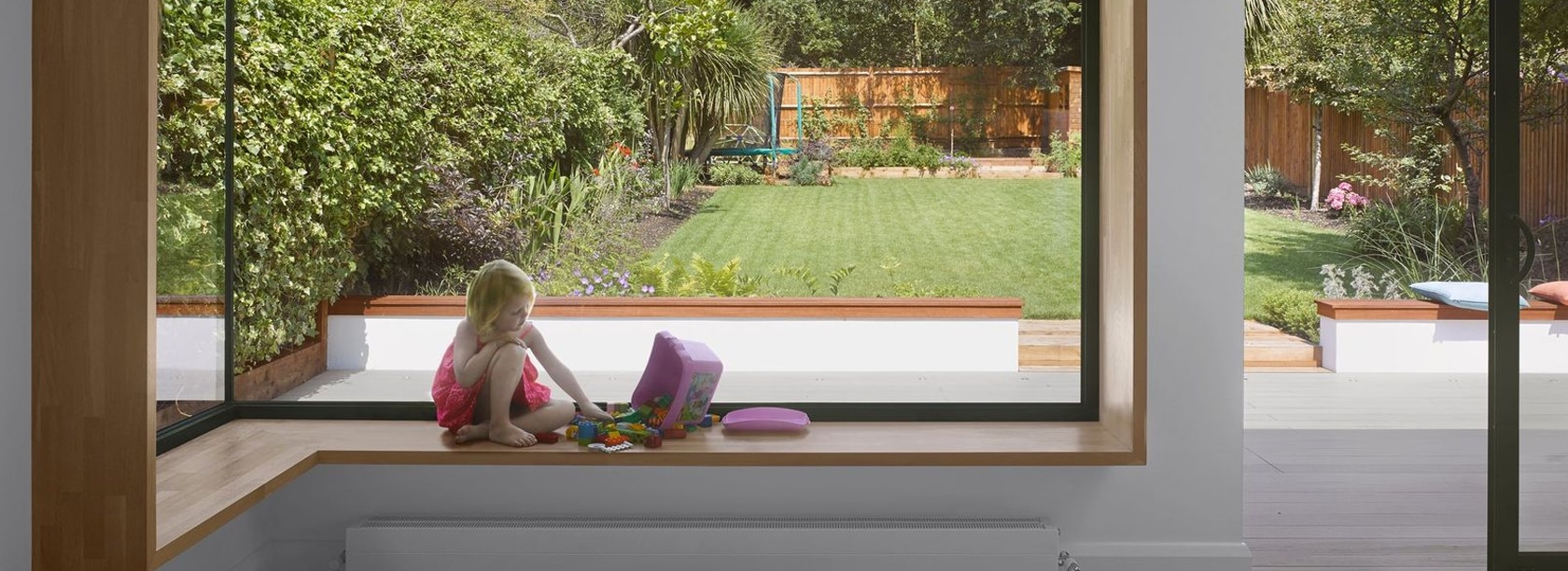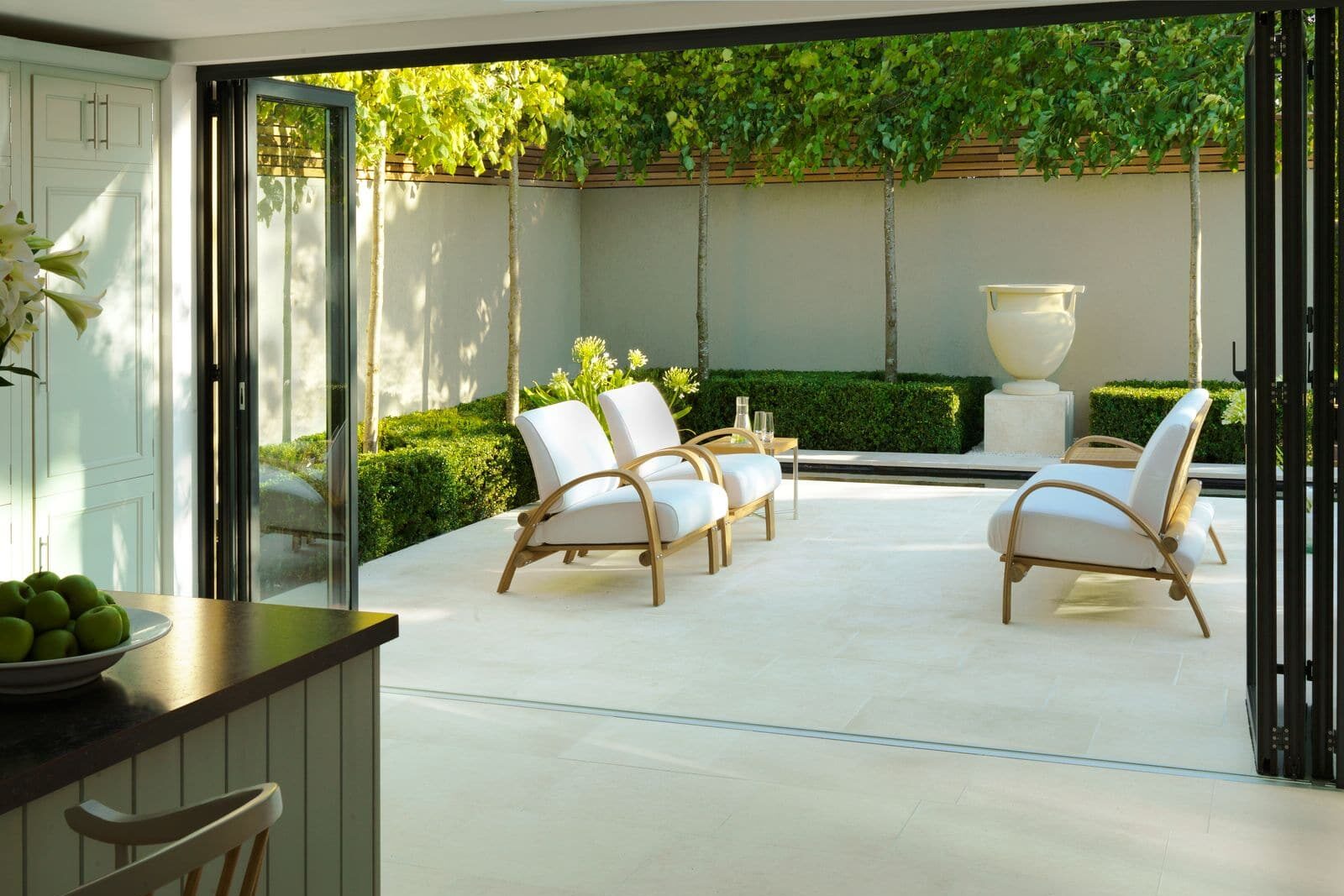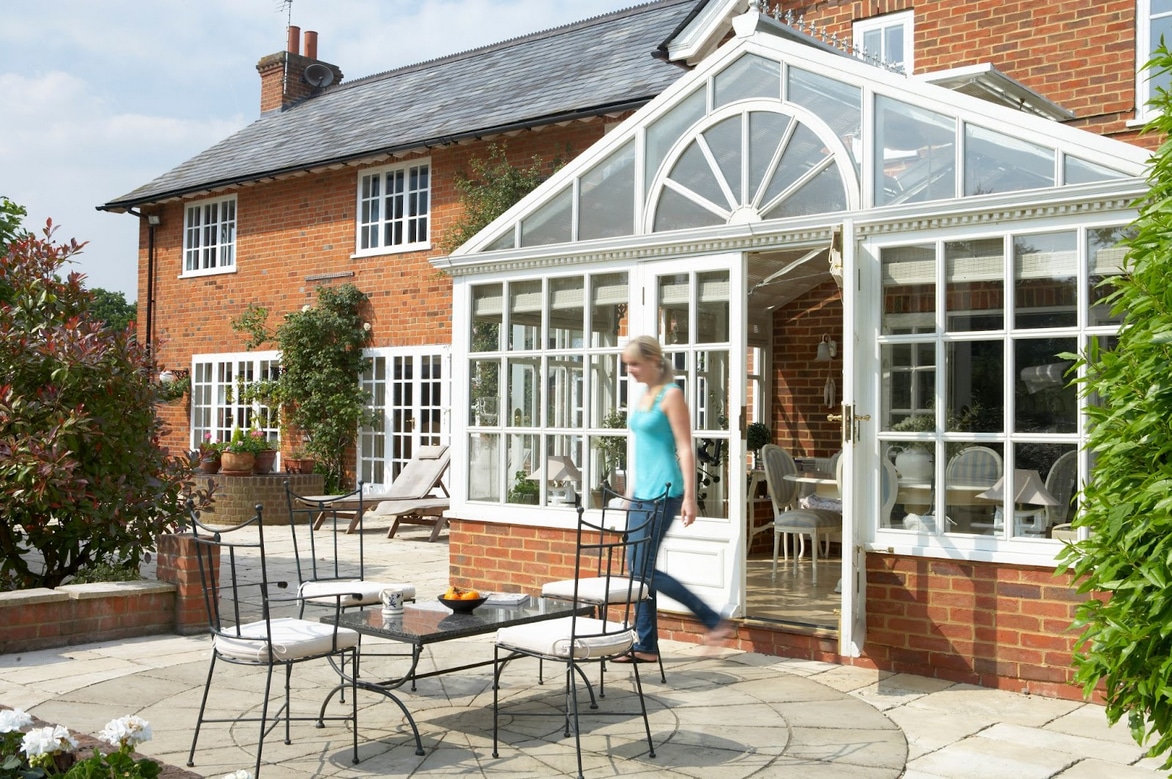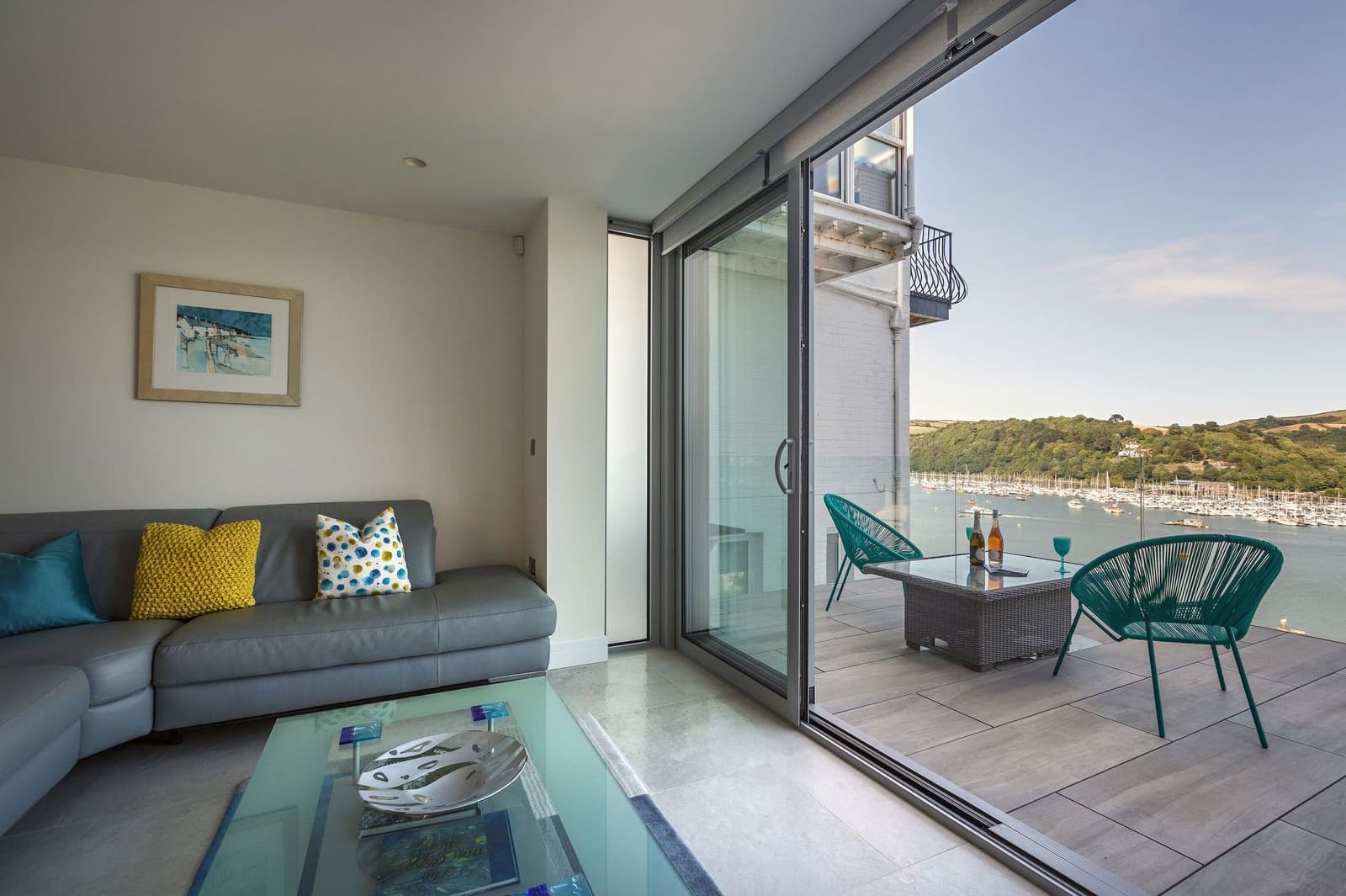
When planning a home renovation, looking to the future is important. While it can be tempting to follow today’s trends, by their nature they are unlikely to stand the test of time. As design preferences evolve and sustainability regulations develop, some previously popular home features are now falling out of favour – so which options should you choose for the longevity of your project?
In this article, IDSystems has used UK search data and expert insights to identify five major home investments that are falling out of favour and recommend smart, future-proof alternatives.

It might be a surprise to hear coming from IDSystems, but UK search interest in bifold doors dropped by 37% in 2024, compared to their 2021 peak. While there is still a high volume of demand (19K monthly UK searches for bifold doors), this indicates a clear shift in preference from UK homeowners.
While this decline is happening, interest in sliding doors has remained consistent year-on-year, while also having 19k monthly searches.
According to IDSystems’ technical sales manager Edward Stobart, “Bifold doors still work brilliantly for smaller openings and many home projects, but for larger renovation and building projects, we’re increasingly seeing homeowners favour sliding doors.”
“Over the past 5-10 years, homeowners have been seeking to maximise the connection between home and garden, with openings growing larger and more suited to sliding doors as a result. Another factor is the great British weather. Bifold doors are at their best when open, but as they will likely be closed for most of the year, the uninterrupted views and sleek operation sliding doors provide are an attractive alternative.”
Explore our sliding doors range to see why they might be a smart investment for long-term style and function.
While gas boilers are not being banned outright, the government is discouraging the installation of new gas boilers when they reach the end of their 10-15 year lifespan in favour of greener alternatives, like heat pumps, which will help to meet climate goals.
Aside from the green benefits, there are also financial reasons to make this switch. While a new gas combi boiler might cost around £1,500–£3,500, a sustainable heat pump system is a future-proof investment with roughly double the lifespan of a boiler. The UK’s Boiler Upgrade Scheme provides a £7,500 grant towards eligible replacements, meaning the outlay for installation will be comparable.
There are also performance benefits. The MCS Foundation’s 2024 Future Homes Savings report reveals that homes with heat pumps, solar panels and battery storage could save up to £46,600 in energy bills over the 25-year lifespan of a heat pump. Better yet, research from Scottish Power shows that an air heat pump can also add up to 3% of the value of your home.
This means that if your house is eligible for the Boiler Upgrade Scheme, it is worthwhile to take advantage and benefit from a more sustainable heating system.

While conservatories remain in demand and enjoy 39k monthly searches in the UK, their long-term popularity appears to be waning. Versus their peak in 2021, search volume for conservatories dropped by 32% by 2024.
A possible reason for these shifting opinions is related to confusion around the June 2022 building regulation changes. These updated requirements made it harder to incorporate conservatories into new build designs because of their energy efficiency performance. However, most conservatories are not built as part of new build homes and are instead added to existing properties later on, which suggests that the perception of regulatory barriers, along with second-hand experiences from owners, are having a greater impact on public opinion than the regulations themselves.
As a result, the number of newbuild designs including conservatories is low and homeowners are unsure if they could be potentially devaluing their existing properties by opting for a conservatory over an extension.
IDSystems technical sales manager Edward Stobart explains; “While conservatories won’t hurt a property’s value, homeowners are increasingly choosing extensions, fitted with high-spec glazing systems and glazed doors, over traditional conservatories. They offer better temperature control, seamless indoor-outdoor flow, and higher resale appeal.”
“Other alternatives, like high-performance roof systems, can deliver the same airy feel as a conservatory, with much better thermal performance.”
Previously thought of as a simple energy solution, spray foam insulation was even recommended as part of the government’s Green Homes Grant scheme, which began in 2020. Today, it is considered a liability and a significant red flag by some mortgage lenders.
A BBC investigation revealed that a quarter of major UK mortgage lenders won’t finance homes with spray foam insulation, due to ventilation and condensation concerns. This could leave an estimated 250,000 homeowners unable to sell or remortgage properties fitted with this type of insulation.
If you are looking for an alternative, consider fibreglass, cellulose (made from recycled paper) and mineral wool – all of which provide effective, fire-resistant solutions. Before choosing your alternative to spray foam insulation, consult a qualified professional to make the right choice for your property.
Beyond insulation choice, high-performance windows with excellent U-values are another way to improve your home’s thermal performance without compromising on style.

Open-plan living remains popular but is showing signs of evolution. Since 2021, searches for ‘open plan’ have declined by 18%, likely because of the challenges that open spaces can cause, such as a lack of privacy, excessive noise and inefficient heating.
While open plan still remains popular for larger projects, ‘broken plan’ is becoming the favoured approach for many homeowners. By creating flexible layouts, a sense of openness can be retained, but with the option to use subtle dividers between spaces when privacy or reduced distractions are needed.
“A ‘Broken plan’ means having options about how you use the space and future-proof your home to be able to change as your family grows.” Edward Stobart explains.
“Our internal glass partitions and room dividers are perfect for breaking up open-plan areas. They allow light to flow while creating defined zones that can be opened or closed depending on how you want to use the space at different times.”
While there are many home improvement options available, the ones that will stand the test of time are not trend-based but focused on sustainability and energy efficiency, as this approach will do far more to enhance the long-term value of your property.
To find out more about the future of home design, check out our 2025 predictions and our guide to home tweakments.
If you’re looking to future-proof your home renovation project, get in touch with our experts to discuss how we can support you.